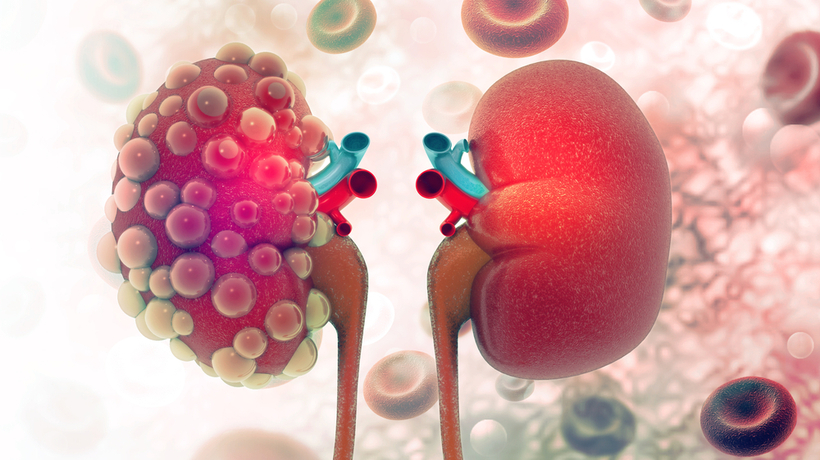According to Mayo Clinic, acute kidney failure occurs when your kidneys suddenly become unable to filter waste products from your blood. As a result, dangerous levels of toxic waste may accumulate, throwing your blood’s chemical makeup out of balance.
There are two types of kidney failure. Chronic kidney failure develops slowly over time and may cause few, if any, symptoms at first, while acute kidney failure develops rapidly — usually over the course of a few days — and often occurs in people who are already seriously ill. Acute kidney failure can be deadly and requires prompt and intense treatment, though patients may fully recover and regain normal kidney function.
The warning signs of acute kidney failure, as outlined by Mayo Clinic, are as follows:
- Decreased urine output, although occasionally urine output remains normal
- Fluid retention, causing swelling in your legs, ankles or feet
- Shortness of breath
- Fatigue
- Confusion
- Nausea
- Weakness
- Irregular heartbeat
- Chest pain or pressure
- Seizures or coma in severe cases
Mayo Clinic emphasizes the importance of seeking emergency medical attention if you are experiencing signs of acute kidney failure.
For more information on acute kidney failure, its signs, and causes, visit www.mayoclinic.org.



